Economic pressures jeopardize Connecticut's farming future
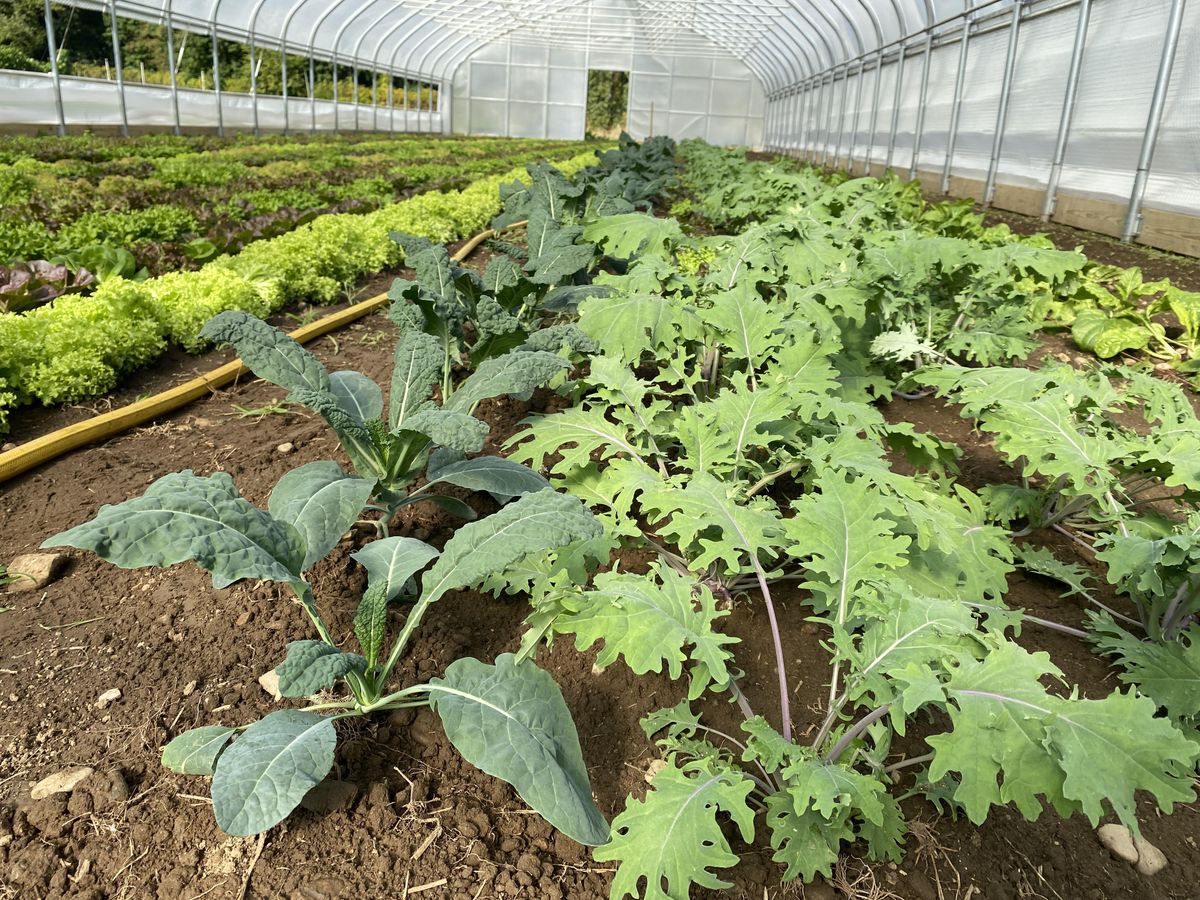
Marble Valley Farm in Kent leases land from the Kent Land Trust at below-market rates. The model enabled owner Megan Haney to grow her vegetable operation in an otherwise harsh economic climate for Connecticut farmers.
Photo by Sarah Lang

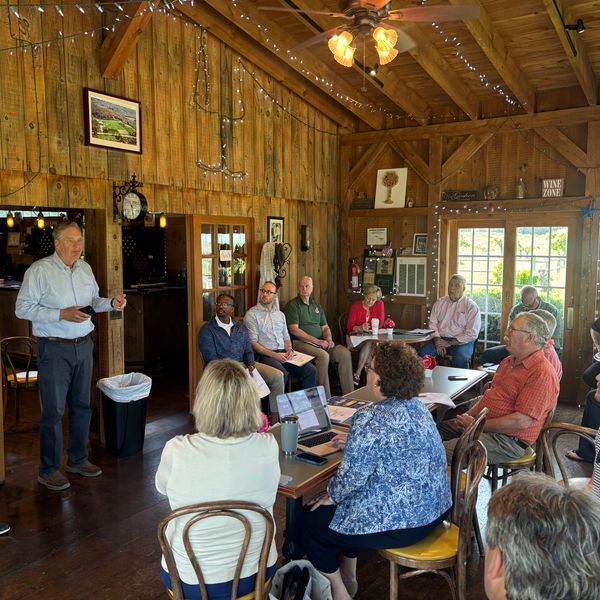
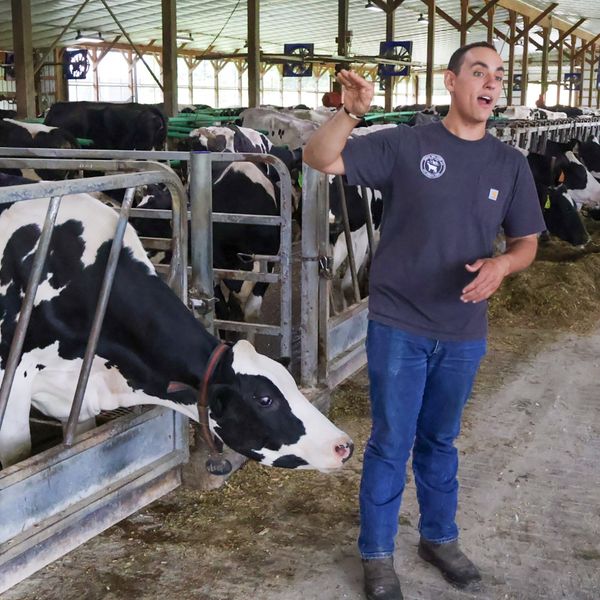
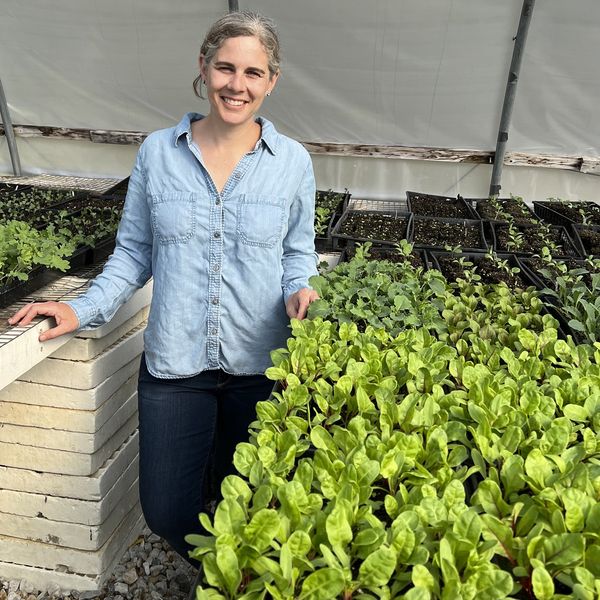

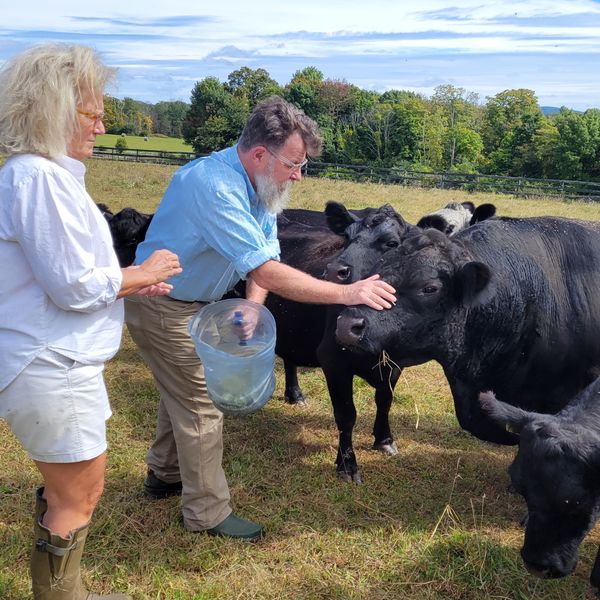






 lakevillejournal.com
lakevillejournal.com 








